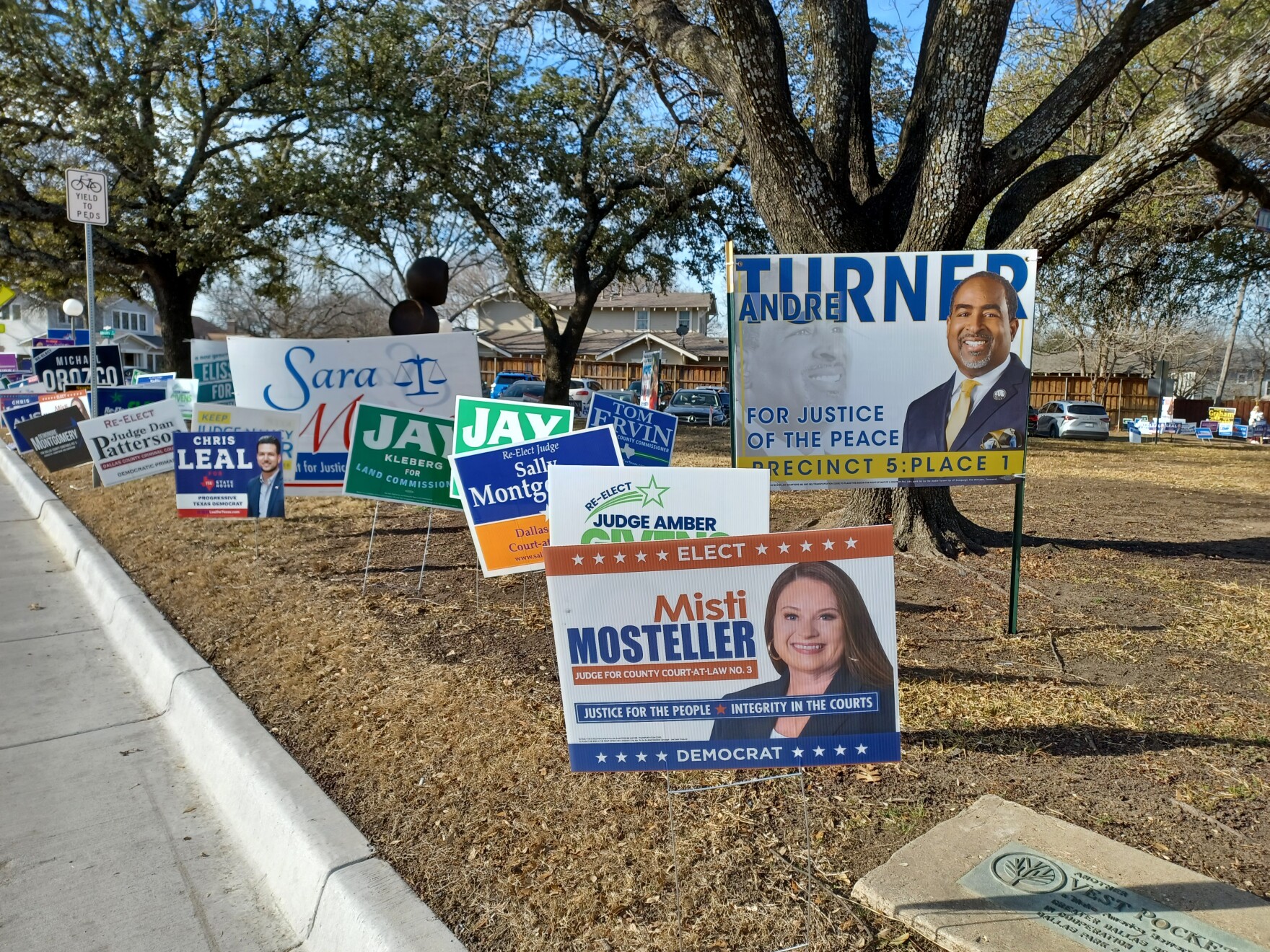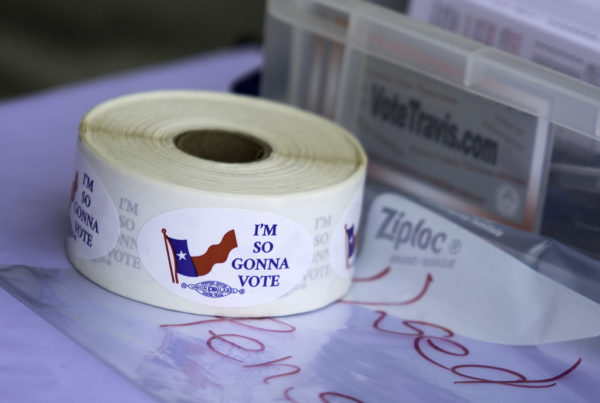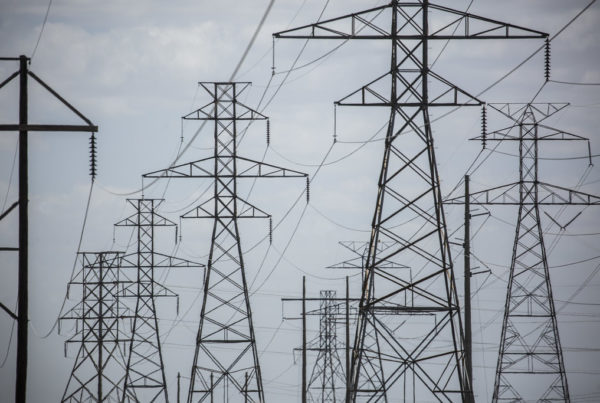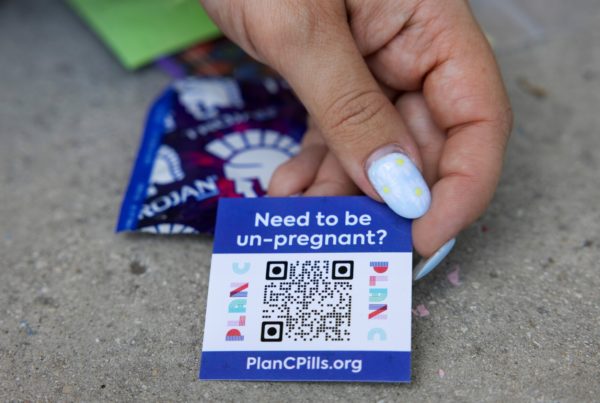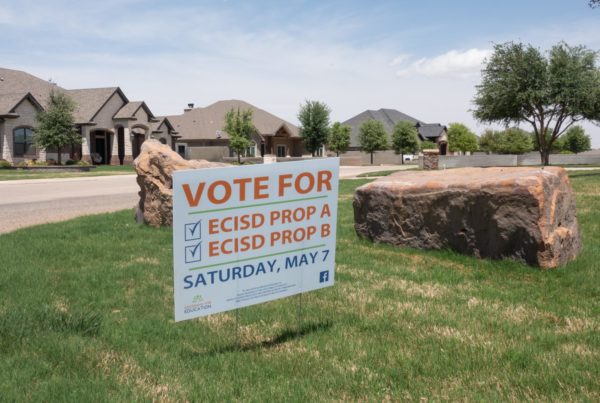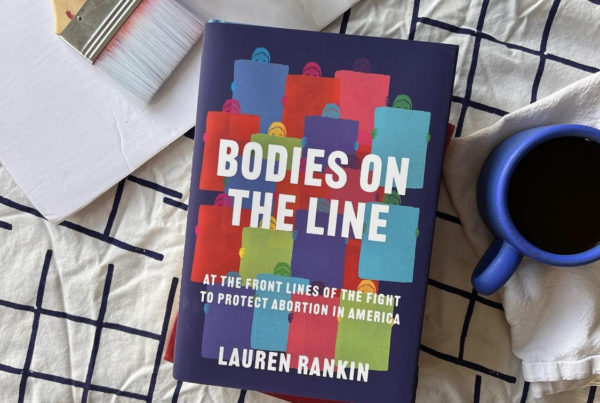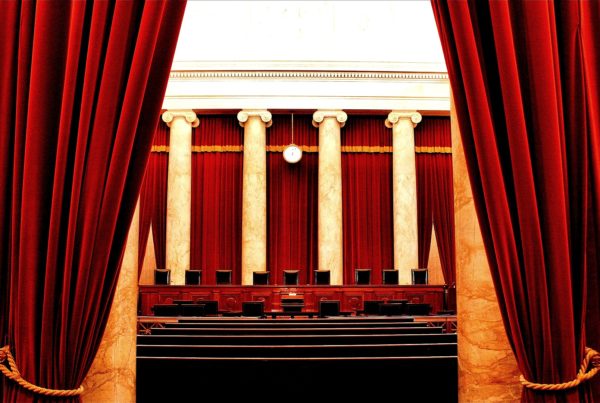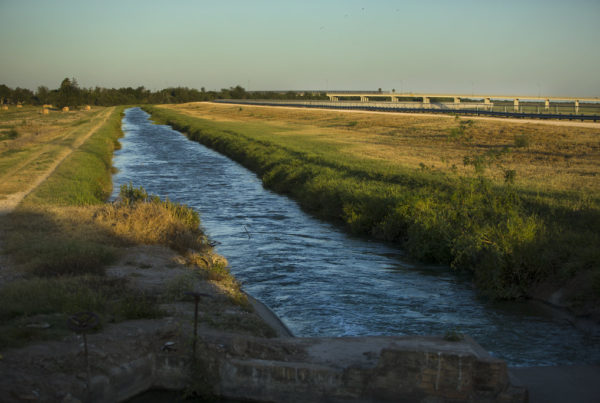Outside the Grapevine REC Center, voter Alan Gabbs said he’s watching local school board elections closely.
The hottest issue here is a proposal dealing with critical race theory in Grapevine-Colleyville ISD schools. Voters are deciding on two school board trustee seats.
“How can we get government to do what we want if we don’t vote?” Gabb said. “They deal with our kids who are the future.”
What’s also notable is what Grapevine residents aren’t voting for. Two city council seats are uncontested, meaning the incumbents are running unopposed.
Gabbs, who came out to cast his ballot on the first day of early voting, said he would like to see more candidates running.
“We have to vote somehow,” he said. “We can just not vote for uncontested [races], but that doesn’t do us any good either. So we need more qualified people to run for office.”
Grapevine Mayor Pro Tem Darlene Freed is one of those incumbents who’s running unopposed. She’s been on the Grapevine city council for 24 years.
“It’s the decision of the people and the person or anyone that chooses to run or not run,” Freed said. “I’d like to think that with me, to some extent, it has to do with people being happy with my service.”
The last time Freed faced opposition was in 2013. Freed says she still campaigns. She even has a website up for this election.
Freed said she doesn’t take her office for granted, and she doesn’t plan on seeking higher office.
“My only interest is in Grapevine,” Freed said. “I like that you go into the grocery store and someone will let you know if there’s something in their neighborhood that’s happened. I like the touch of the people.”
Elections may be uncontested when a long-term incumbent like Freed is seen as popular and others don’t see the need to challenge them.
“Uncontested races have been common for a long time,” said Cal Jillson, political science professor at Southern Methodist University.
Jillson said those uncontested races happen up and down the ballot from local elections, to the Texas Legislature and even U.S. House seats.
He said it may have to do with the way a district leans politically.
“So a popular Republican incumbent in a Republican-leaning district is quite likely not to be challenged by a Democrat, or at least as Democrats would have to work very hard to get a candidate,” Jillson said.
Sometimes, it’s just a lack of interest. Jillson said instead of encouraging more competition, polarizing partisan issues can dissuade people from running against long-term incumbents.
In an ideal democracy, Jillson says voters would have more candidates to choose from, but sometimes it all comes down to party politics.
Got a tip? Email Pablo Arauz Peña at parauzpena@kera.org


